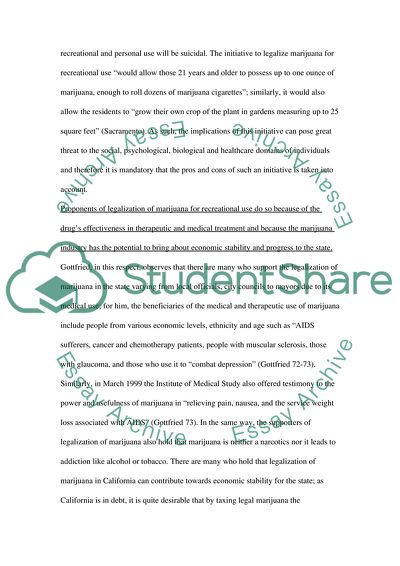Cite this document
(Should Marijuana Be Legalized in California or Not Research Paper, n.d.)
Should Marijuana Be Legalized in California or Not Research Paper. Retrieved from https://studentshare.org/law/1746363-should-marijuana-be-legalized-in-california-or-not
Should Marijuana Be Legalized in California or Not Research Paper. Retrieved from https://studentshare.org/law/1746363-should-marijuana-be-legalized-in-california-or-not
(Should Marijuana Be Legalized in California or Not Research Paper)
Should Marijuana Be Legalized in California or Not Research Paper. https://studentshare.org/law/1746363-should-marijuana-be-legalized-in-california-or-not.
Should Marijuana Be Legalized in California or Not Research Paper. https://studentshare.org/law/1746363-should-marijuana-be-legalized-in-california-or-not.
“Should Marijuana Be Legalized in California or Not Research Paper”, n.d. https://studentshare.org/law/1746363-should-marijuana-be-legalized-in-california-or-not.


